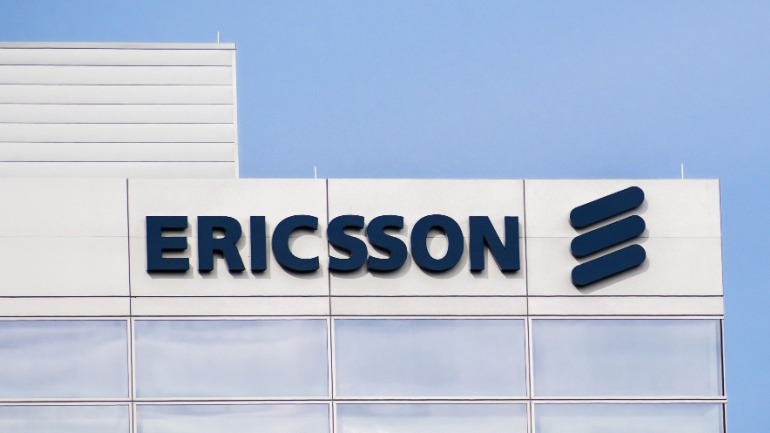Ericsson successfully tested its multi-operator 5G Radio Dot System in Taipei City Mall, showcasing over 1Gbps speeds and efficient indoor coverage. The solution enables shared infrastructure, lowers power use, and simplifies management.
Ericsson’s €200 million investment in Ireland marks a major step in advancing telecommunications. Centered on 5G Standalone rollout and enhanced automation using the Ericsson Intelligent Automation Platform, this initiative aims to optimize 4G and 5G network management.
Ericsson and Bell Canada have successfully completed the world’s first field trial of AI-native link adaptation, boosting downlink throughput by 20 percent and spectral efficiency by 10 percent. This real-time AI integration enhances network performance, marking a major step toward smarter, more responsive 5G and future 6G networks.
Ericsson reported a 61 percent surge in net income for Q1 2025, driven by strong North American network sales and enterprise wireless growth. Despite the financial boost, CEO Börje Ekholm faces shareholder tension over past acquisitions.
Ericsson is transforming enterprise connectivity with its wireless-first architecture, combining 5G, WiFi 7, and satellite support. Designed for AI-driven operations, the solution offers resilient, secure, and scalable networks. Centralized management simplifies complex setups, enabling businesses to harness AI.
Ericsson and SoftBank have signed a Memorandum of Understanding to propel next-gen telecom technologies, including AI, Cloud RAN, and 6G. The partnership, called “NextWave Tech,” aims to enhance network efficiency and connectivity. Emphasizing innovative spectrum use and AI-driven automation, this collaboration positions Japan as a leader in telecom advancement.
Ericsson and SoftBank have teamed up to push VoIP technology boundaries, focusing on AI and 6G advancements. Their NextWave Tech initiative explores revolutionary network architectures, enhancing VoIP quality via Cloud RAN and AI optimization. This partnership aims for groundbreaking connectivity solutions, redefining the landscape of future VoIP communications.
Ericsson and OneLayer have unveiled a zero-touch, zero-trust network access solution tailored for private 4G and 5G networks. This innovation significantly enhances the security and scalability of private networks, crucial for Industry 4.0 applications.
Ericsson, Volvo Group, and Bharti Airtel have joined forces to revolutionize Industry 4.0 and pave the way for Industry 5.0 in India through a groundbreaking research collaboration. By integrating 5G, XR, and AI, this partnership aims to transform manufacturing, enhance processes in real time, and position India as a hub for industrial innovation.
Ericsson and Ooredoo Qatar’s collaboration heralds a new era of digital transformation with strategic 5G solutions targeting enterprises and the public sector. This partnership promises to enhance connectivity, boost efficiency, and support sustainability by deploying private networks for vital sectors.













